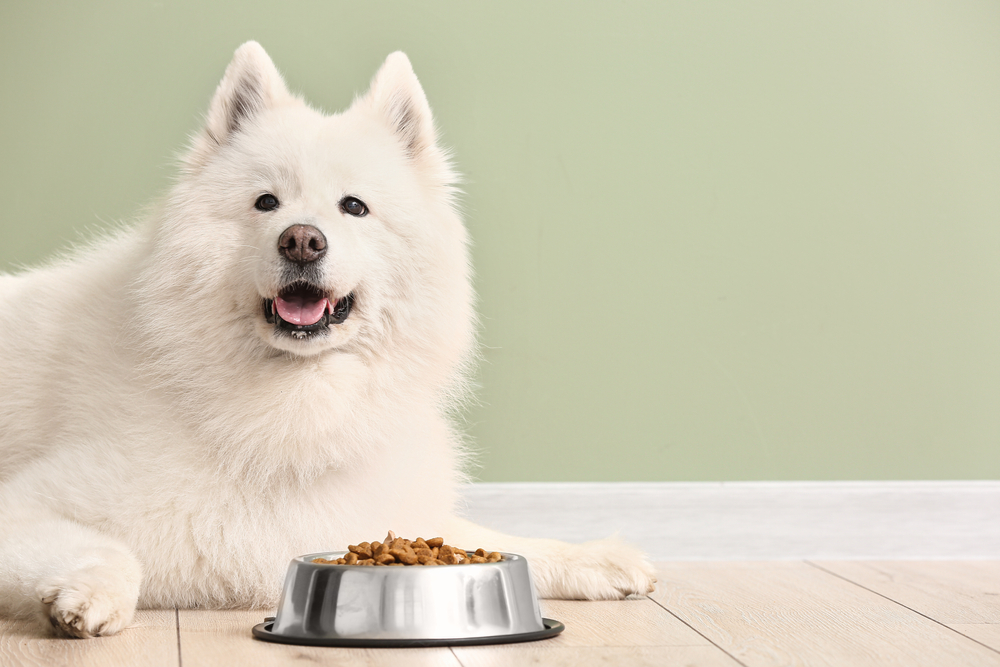When it comes to the health of your beloved pet, there are few factors as crucial as their diet. Just like humans, pets have different nutritional needs at different stages of their lives. Understanding these changes can help ensure that your furry friend remains happy and healthy throughout their life.
Understanding the Different Stages of a Pet's Life
Pets, whether they are dogs or cats, go through several distinct stages of life: puppy/kitten, adult, and senior. Each stage is characterized by unique nutritional requirements that must be met to support their growth, development, and overall wellbeing.
During the puppy or kitten stage, your pet is experiencing rapid growth and development. It is crucial to provide them with a diet that is rich in essential nutrients such as protein, vitamins, and minerals. Look for specially formulated pet foods that are labeled as suitable for puppies or kittens. These foods are designed to meet the increased energy and nutrient requirements of young pets.
Once your pet reaches adulthood, their dietary needs change. Adult pets require a balanced diet that provides them with all the necessary nutrients to maintain their overall health. This includes a proper balance of proteins, carbohydrates, fats, vitamins, and minerals. It is important to choose a high-quality pet food that is appropriate for your pet's species and breed. Additionally, consider their activity level and any specific health conditions they may have when selecting their diet.
As pets age, their bodies undergo various changes, including a decrease in metabolism and a higher risk of certain health conditions. Senior pets may require a diet that is lower in calories to prevent weight gain, yet still provides them with the nutrients they need. Look for pet foods that are formulated specifically for senior pets, as these products usually contain ingredients that support joint health, digestion, and overall vitality.
Transitioning Your Pet's Diet
When switching your pet's diet, it is important to do so gradually. Abrupt changes can lead to digestive upset, including diarrhea or vomiting. Start by mixing a small amount of the new food with their current food and gradually increase the proportion of the new food over several days or weeks. Monitor your pet's response to the new diet and consult with your veterinarian if you notice any adverse reactions or concerns.
Consulting with Your Veterinarian for Personalized Advice
Consulting with a veterinarian is crucial to ensure that your pet's specific dietary needs are met. A veterinarian can assess your pet's overall health, consider any specific health conditions, and provide personalized advice on the most suitable diet for your pet.
Schedule a check-up with your veterinarian to discuss your pet's diet and ensure they are getting the nutrition they need at every stage of their life, visit Mokena Animal Clinic at our office in Mokena, Illinois. Call 708-479-2811 to book an appointment today.


